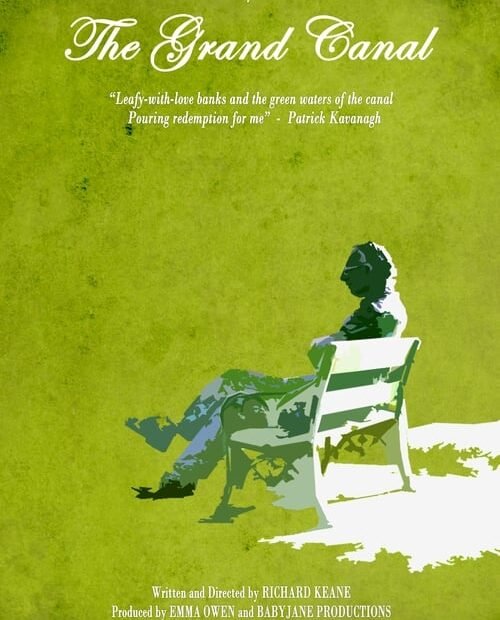The Grand Canal: A Love Story with a Side of Existential Dread
Picture this: an old homeless man, weathered by life and brimming with wisdom, sits on a bench by the Grand Canal. He’s not just any old man; he’s the kind of guy who has seen it all—love, loss, and the occasional pigeon fight. He’s chatting away to a man with nothing to say, which is about as productive as trying to teach a goldfish to ride a bicycle.
As our illustrious storyteller begins his monologue, he weaves tales of love that could make even Cupid reconsider his career choice. He reminisces about his youthful exploits, where love was as fleeting as a gondola ride in a rainstorm. Spoiler alert: it doesn’t end well. In fact, love for this man is like a poorly made pizza—lots of potential but ultimately a soggy bottom that leaves you questioning your life choices.
Throughout the film, we are treated to a series of flashbacks that are more haunting than a ghost in a broken-down amusement park. The old man’s stories reveal a life filled with passion and heartbreak, and as he recounts them, you can’t help but wonder if he’s just a little too invested in his own narrative. Seriously, at one point, I half-expected him to pull out a guitar and start serenading the pigeons with a ballad of lost love.
The man with nothing to say, bless his heart, is the perfect audience for this tragicomedy. He nods along, probably contemplating whether to ask for directions to the nearest coffee shop or if he should just embrace the void. His silence is a character in itself, proving that sometimes, the best response to an old man’s existential crisis is a blank stare and a slight nod, like you’re about to take a sip of something far too strong.
As the story unfolds, we learn that the old man’s greatest love was a woman who left him for a guy with a better haircut and a penchant for dramatic poetry. Talk about a plot twist! I mean, if you’re going to get dumped, at least make sure it’s not for someone who writes sonnets about the moon. The pain is palpable, and you can almost feel the collective sigh of everyone who has ever had their heart stomped on by a well-coiffed jerk.
In a climactic moment that could make even the most stoic viewer tear up—if they weren’t too busy laughing at the absurdity of it all—our old friend comes to terms with his past. He realizes that love is much like the Grand Canal itself: beautiful, winding, and occasionally filled with garbage. It’s a bittersweet lesson that leaves you questioning whether to laugh or cry, which is the hallmark of a great film.
By the end, the man with nothing to say has somehow transformed into a vessel of existential contemplation. The old man, having shared his stories, leaves us with a final thought that resonates louder than a gondolier shouting “Mamma Mia!”: life is short, love is fleeting, and maybe, just maybe, it’s okay to sit on a bench and talk to strangers about your regrets. Because if you can’t share your woes with a random passerby, are you even living?
So, if you’re in the mood for a film that combines dark humor with a touch of melancholy, grab a seat by the Grand Canal, and let the old man’s tales wash over you like a wave of nostalgia. Just remember: love might be a beautiful disaster, but at least it’s a disaster worth recounting.
